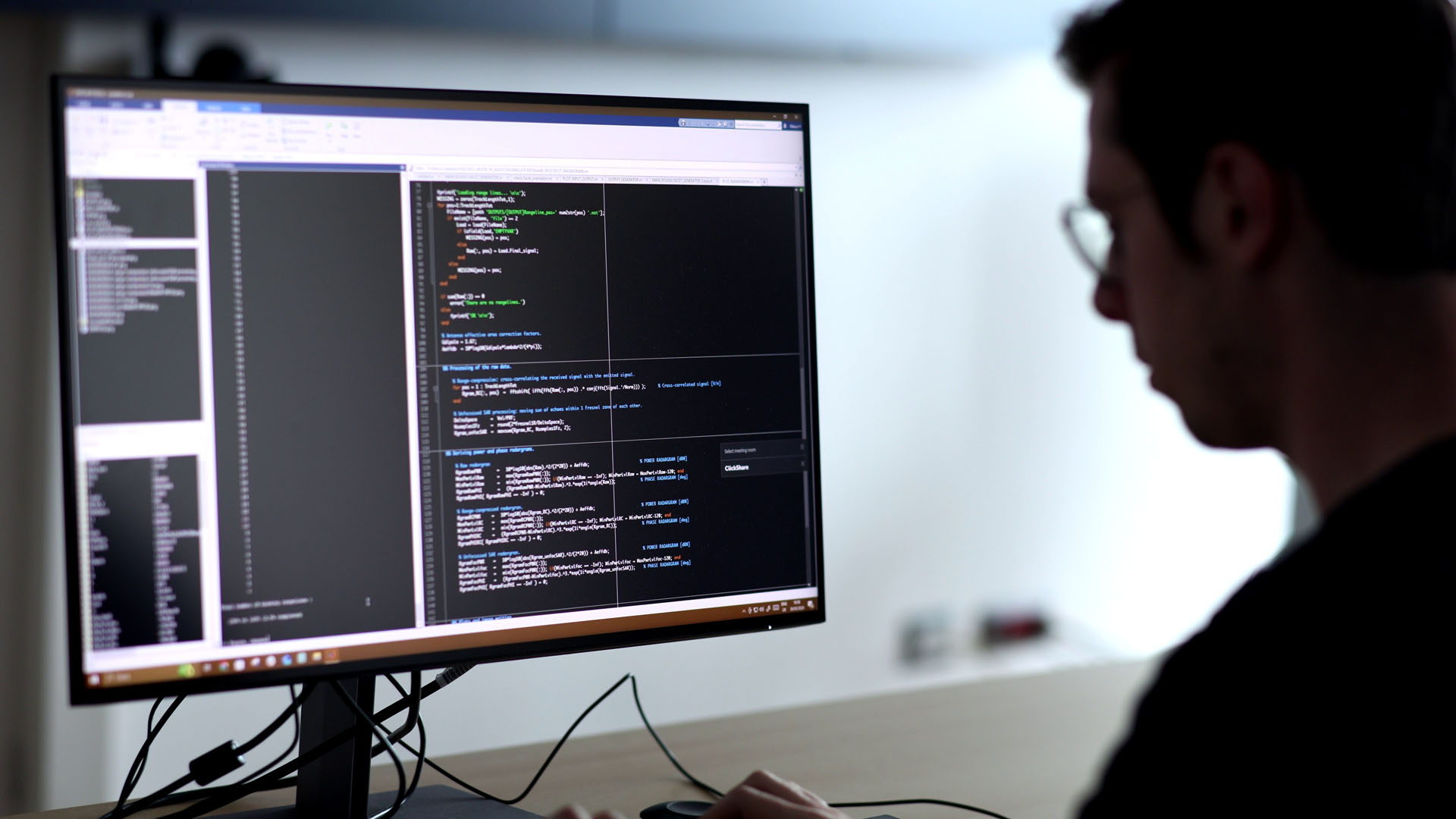PhD Course (D.M.226/2021)
Information Engineering and Computer Science

 COURSE SUMMARY
COURSE SUMMARY
The PhD programme in Information Engineering and Computer Science, an evolution of the previous programme in Computer Science and Telecommunications, aims to train young professionals capable of developing innovative and high-quality IT and telecommunications systems to address complex problems.
The programme emphasises entrepreneurial skills among doctoral candidates and fosters their professional growth through specialised training and opportunities for practical experience. The fields of study and research are varied and diverse, with the programme also encouraging transdisciplinary training initiatives and collaborations with other organisations as well as educational and research institutions.
The course in brief
 OVERVIEW
OVERVIEW
The programme offers two tracks:
- Computer Science
- Telecommunications
and two transdisciplinary programmes:
- Space Data Science and Technology: in collaboration with the PhD programme in Physics at the University of Trento;
- Quantum Science and Technologies: in collaboration with the PhD programme of the University of Trento in Physics; Mathematics; Materials, Mechatronics, and Systems Engineering; and Civil, Environmental, and Mechanical Engineering.
- Cyber Security
- Data Intelligence
- Deep and Structured Machine Learning
- Embedded Intelligence and Robotics Systems
- Language, Speech and Interaction
- LION - machine Learning and Intelligent OptimizatioN
- Multimedia Signal Processing and Understanding
- Next Generation Networks
- Quantum Information and Computing
- Remote and Distributed Sensing
- Signal Processing and Recognition
- Social Informatics
- Software Engineering and Formal methods
- Systems and Networks
- ING-IND/35 Business and management engineering
- INF/01 Informatics
- ING-INF/01 Electronics
- ING-INF/02 Electromagnetic fields
- ING-INF/03 Telecommunications
- ING-INF/05 Information processing systems
- ING-INF/06 Electronic and informatics bioengineering
To apply for the PhD programme, you must have:
- a specialist or master's degree or a degree issued under the previous regulations;
- an equivalent academic qualification obtained abroad (master's degree) that allows admission to the PhD program in the education system or in the country of issue and that is considered suitable by the selection committee for the sole purpose of accessing the course.
Students selected by special committees for specific international mobility programmes in which the University of Trento participates may also apply.
The admission call indicates:
- admission requirements;
- deadlines;
- admission procedure;
- details of the funded positions;
- availability of scholarships.
The call for applications for the 42nd cycle will be published on this page starting in spring 2026.



